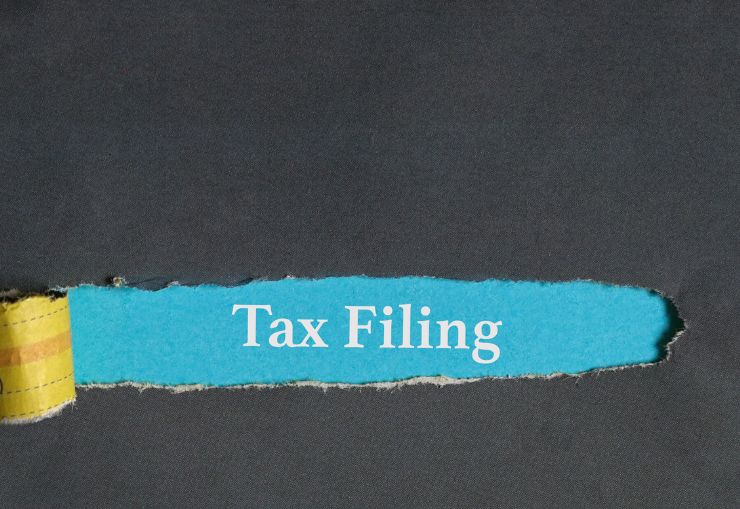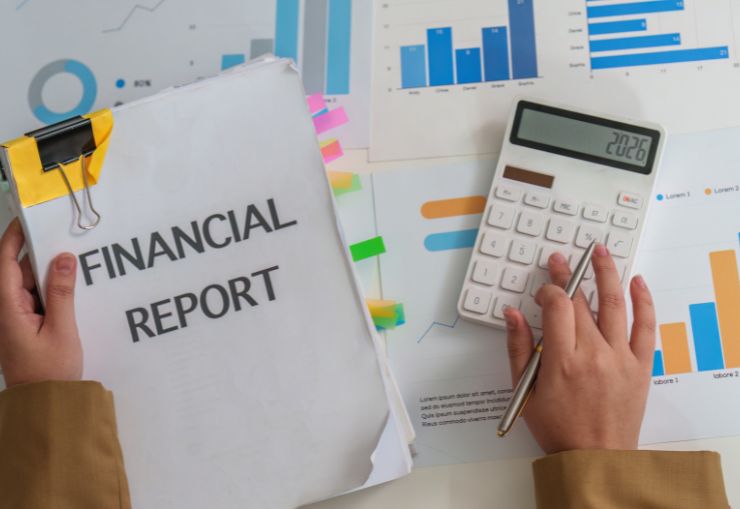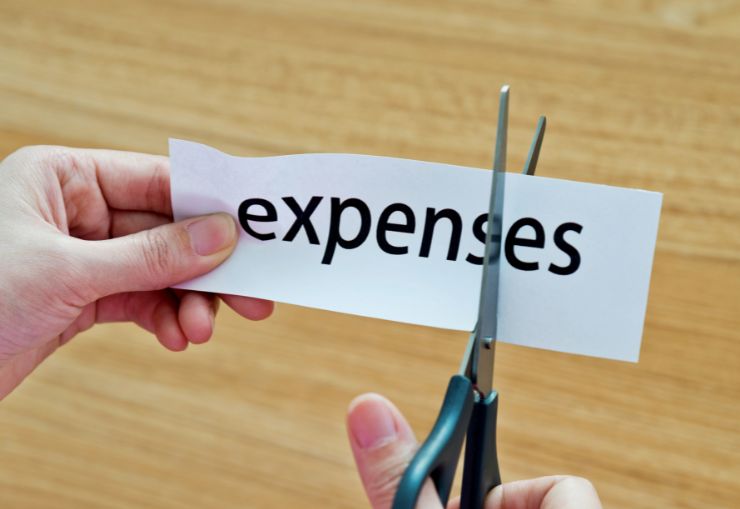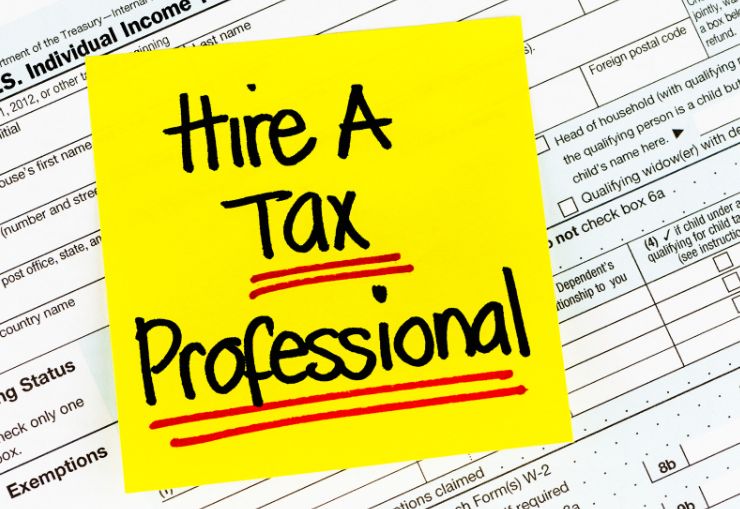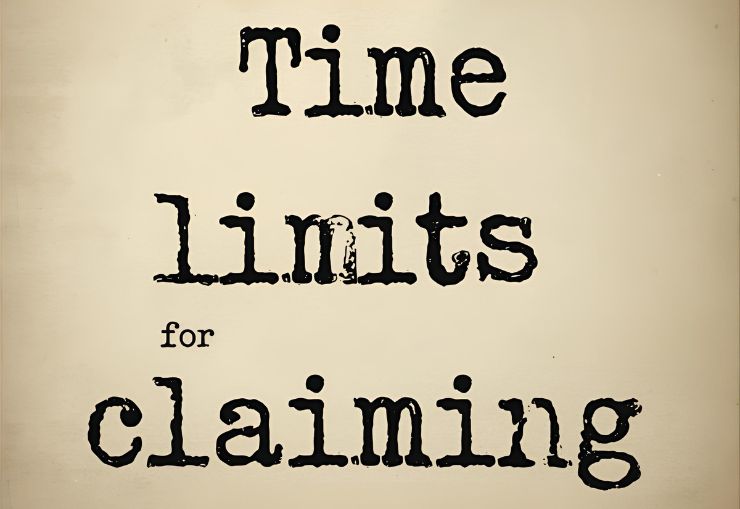
Starting a business sincerely require extraordinary enthusiasm, passion and pursuance, and after you’ve legally registered your business, you’ll need someone professional accountants who can lean on when making day to day Accounting and Financial Management decisions in Mississauga. It is something like you have to learn from it or hire a professional accountant when you are running a business.
For business people, Accounting Services is seriously a crucial part of any successful business, as it increasingly requires managing all the decisions that are highly relevant to both business and owners for Business Startups.
The records are all your accounting documents and these documents must be organized differently to simplify things over time with us.
However, controlling business is a never-ending process as it is coupled up with increasing to-do lists.
Your Bookkeeping services can be simple or complex depending on the nature of business. But when you choose to hire someone, you still need to be well organized.
Ask yourself whether you need bookkeeper or not
Strong foundation:
Bookkeeping practices are no doubt the strong foundation of every successful business startups, and surely, accounting should be your preferred responsibility if you want to build a strong financial foundation for your business. It could save you time, money and frustration in all aspects simultaneously.
Manage your financials accounting status with us to ensures that your records are perpetually up-to-date whether it is for tax preparation, loan reviews or other business needs.
Track performance:
Poor bookkeeping is apparently disastrous as we know if it is not done properly or in an efficient manner, but having professional accountants can save you from all of them, as it helps you make the right decision in an attempt to avoid improperly keeping financial records.
Be organized:
Staying organized is the most critical step to be efficient and accurate in accounting since it organizes your business accounting records when determining what to preserve and how to quickly find information when you need it. The business generates paperwork and that quite obvious, but it becomes overwhelming when it is not under control.
With us, you can keep track of accurate sales, tax and expenses into our records as they occur.
Be on time with CRA:
One of the reasons why it is necessary to carry out the accounting of your business is for compliance with the CRA. Whatever records we are creating or managing regarding any business, they are the real authority to examine you.
For this reason, hiring the bookkeeping experts makes sense so that they can help you avoid fines and penalties for late payments.
Take advantage of upcoming future opportunities and be updated on sales and income tax with our and also on the cash your business will demand throughout the month, quarter and year.


